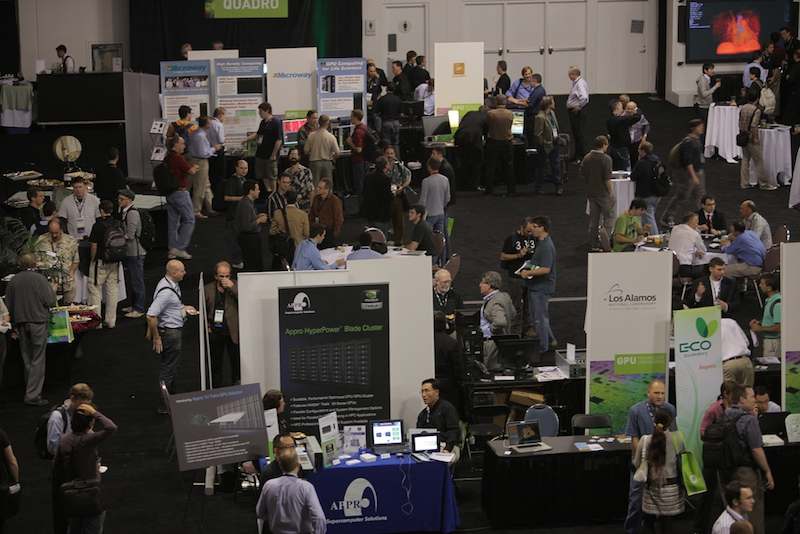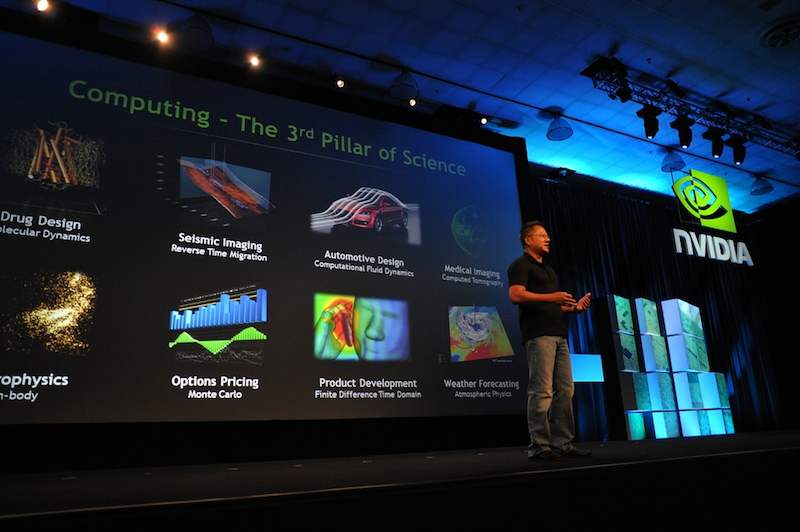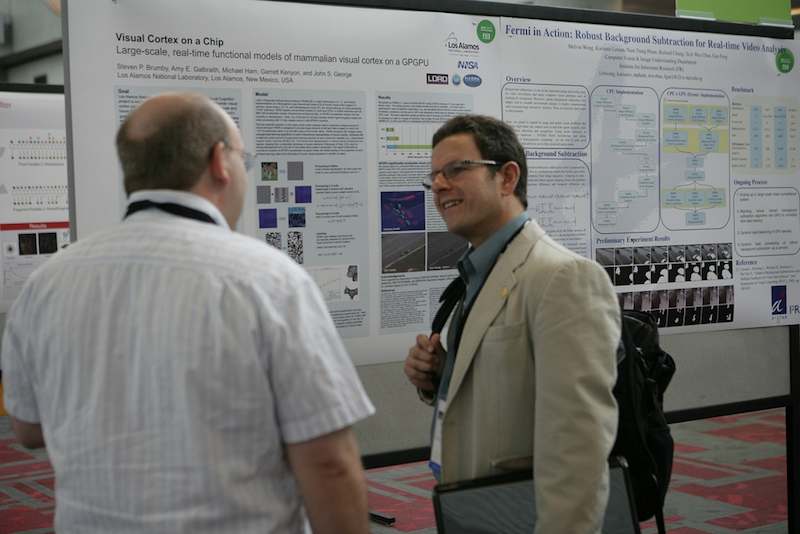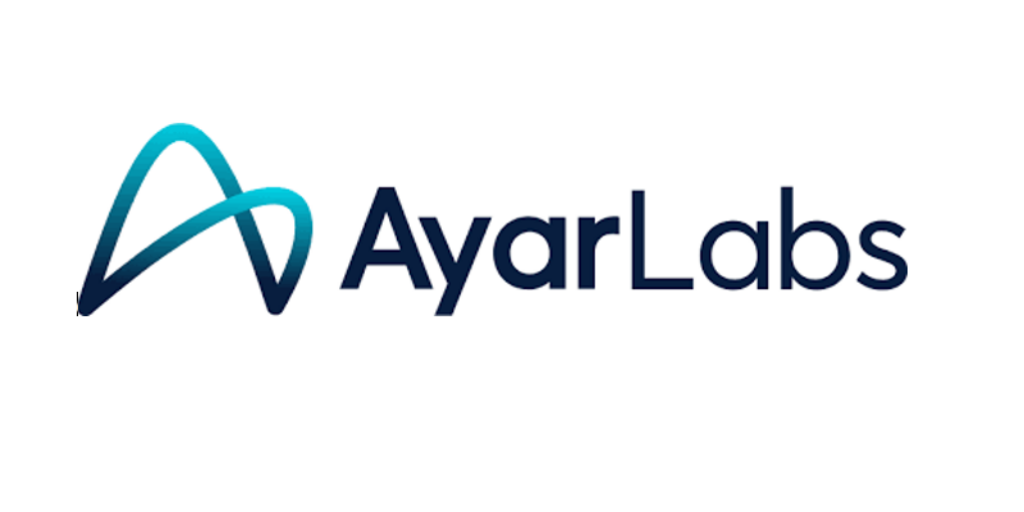This week Nvidia announced the details of the 2011 GPU Technology Conference, set for Oct. 11-14, 2011 in San Jose, California. To learn more, I caught up with Andy Walsh, Nvidia’s Director of Marketing, GPU Computing.
insideHPC: GTC 2010 experienced huge growth over previous years. From a planning standpoint, what are the challenges that kind of growth present in terms of ensuring a quality experience for attendees?

insideHPC: What would you say are the goals for GTC 2011?
Andy Walsh: GTC has grown into an event with tremendous breadth, both in terms of the range of topics covered and the wide variety of attendees, from scientists and researchers to engineers and developers. I recall one attendee last year commenting how unique it was to sit at a table with so many diverse conversations taking place at once – in 2011 we want to ensure that we continue this trend. GTC 2011 will feature engaging content in an atmosphere that fosters collaboration and learning, where the rock stars of GPU Computing can talk about the advances that the GPU has enabled in their work and, in turn, help educate the next generation of parallel computing developers.

insideHPC: This will be the first year that you will be co-locating the GTC conference with LANL’s Accelerated HPC Symposium. How did that come together? Did they approach you?
Andy Walsh: LANL was a big participant at GTC last year. We have a unique conference that allows them to get exposure for their research and meet potential collaborators. LANL approached us with the idea to co-locate their Accelerated HPC Symposium at GTC to drive greater collaboration among scientists at research labs worldwide and provide a vehicle to provide direct feedback to HPC vendors about the challenges they face. GTC seems like a perfect match.
insideHPC: Last year at GTC seemed to be a perfect storm for GPUs: you signed up key ISVs like Mathworks, implemented IEEE double-precision arithmetic, and landed big names in HPC like Cray and HP signed on as OEMs. After following that up with an impressive showing in the November 2010 TOP500 list, will you be able to sustain that kind of momentum in the HPC market?
 Andy Walsh: Last year’s GTC and SC conferences were certainly milestone events for GPU computing efforts, where we saw much of the work that had been ongoing for some time, hitting the public domain – all the leading OEMs releasing systems based on Tesla GPUs, major ISVs launching CUDA-enabled versions of their leading tools, the number one supercomputer in the world and many more in the Top 10 equipped with GPUs…….but this is really just the tip of the iceberg. Parallel processing is the future of computing, at this stage we don’t believe that fact is any longer in doubt. What is critical now is growing the ecosystem and supporting the developers that want to take advantage of parallel architectures to accelerate their applications. This is the essence of GTC and is what will continue to grow the momentum of GPU Computing in HPC in 2011.
Andy Walsh: Last year’s GTC and SC conferences were certainly milestone events for GPU computing efforts, where we saw much of the work that had been ongoing for some time, hitting the public domain – all the leading OEMs releasing systems based on Tesla GPUs, major ISVs launching CUDA-enabled versions of their leading tools, the number one supercomputer in the world and many more in the Top 10 equipped with GPUs…….but this is really just the tip of the iceberg. Parallel processing is the future of computing, at this stage we don’t believe that fact is any longer in doubt. What is critical now is growing the ecosystem and supporting the developers that want to take advantage of parallel architectures to accelerate their applications. This is the essence of GTC and is what will continue to grow the momentum of GPU Computing in HPC in 2011.
insideHPC: One of the highlights for me last year was the Emerging Companies Summit, which had over 100 GPU startups in attendance. Will that program be back for GTC 2011?
Andy Walsh: We got a lot of great feedback on the Emerging Companies Summit last year and we definitely will continue to feature sessions where interesting startups can showcase their work and meet with hundreds of technologists, investors, analysts and executives. I think the event will be more tightly integrated with the other parts of the conference this year, with a goal to enable greater cross-pollination among attendees. This is one of the things people have said they value from GTC that makes it unique.
insideHPC: Do you have any notable updates from the Emerging Companies Summit? How are they doing now?
Andy Walsh: Yes, many of the companies that have presented at the Emerging Companies Summit have gone on to do really well – receiving funding and growing their businesses. These are companies like Elemental Technologies, which uses GPUs for video transcoding, MirriAd, a computer-vision startup, Rocketick, a pioneer in GPU-accelerated simulation for chip verification, and MotionDSP, who deliver video enhancement and image processing software for the consumer and military/law enforcement markets.
These are pretty challenging times for raising capital, so we feel strongly about continuing to support young companies like these and providing exposure for them at GTC.
insideHPC: I think you did an amazing job of making all the sessions freely available via video after the conference. I don’t think I’ve ever seen such a complete event archival before. Can we expect that to continue?
Andy Walsh: Absolutely. It’s great to have such a wide range of content to choose from when pulling together the GTC agenda, but we know that it’s tough to see everything, so we will definitely be continuing to make the sessions available online. For attendees we’re going to aim to get this as close to real-time as possible this year, and then shortly after the conference we will make it available to the entire community.
insideHPC: What were the highlights of GTC 2010 from your standpoint?
Andy Walsh: Not sure where I start……. having attendees from over 40 nations, 280 sessions of content spanning over 30 different topics. Seeing announcements from our entire ecosystem, OEMs like T-Platforms, IBM and Cray, from leading ISVs like Ansys and Mathworks. One of my favorite stories was about an all-day oil and gas track that was having such a lively discussion, that they opted to have food brought into the room instead of taking the scheduled 2 hour lunch break – they spent 9 hours in there!
insideHPC: It’s been nearly six months since GTC 2010. What have been the most significant developments in hybrid computing since then from your standpoint?
 Andy Walsh: As I mentioned before, the #1 supercomputer in the world being driven by Tesla GPUs is probably the most significant – Tianhe-1A is an incredible achievement, which demonstrated the sheer potential of GPUs to accelerate science. On equal billing for me was Tsubame 2.0 – the team at Tokyo Tech built a petaflop supercomputer with HP, that used only a little over 1 megawatt, making it the most power-efficient petaflop system in the world. These two systems highlighted the dramatic performance per watt that GPUs enable. At the same time, Amazon announced that they have installed Tesla GPUs into its EC2 cloud, suddenly giving anyone access to GPU Computing for a couple of bucks an hour.
Andy Walsh: As I mentioned before, the #1 supercomputer in the world being driven by Tesla GPUs is probably the most significant – Tianhe-1A is an incredible achievement, which demonstrated the sheer potential of GPUs to accelerate science. On equal billing for me was Tsubame 2.0 – the team at Tokyo Tech built a petaflop supercomputer with HP, that used only a little over 1 megawatt, making it the most power-efficient petaflop system in the world. These two systems highlighted the dramatic performance per watt that GPUs enable. At the same time, Amazon announced that they have installed Tesla GPUs into its EC2 cloud, suddenly giving anyone access to GPU Computing for a couple of bucks an hour.
insideHPC: You seemed to be very concerned about collecting feedback from attendees last year. What were the lessons learned and how will you apply that as you plan for GTC 2011?
Andy Walsh: Getting constructive feedback and learning from our missteps is at the core of NVIDIA’s culture so we always welcome feedback from attendees. We got lots, but a couple of things stood out. Attendees told us that there was a lot of good content, some of it running concurrently and, as a result, they couldn’t participate in everything they wanted to see. This year we will ensure that the most popular sessions get run multiple times so attendees don’t miss out. Also, attendees wanted more opportunities for networking. We have some creative ideas about how we can do this, which we will share in due course, so stay tuned.




[…] This post was mentioned on Twitter by insideHPC, Raymond Tay. Raymond Tay said: RT @insideHPC: Just in: Interview: How Nvidia Plans to Build GPU Momentum at GTC 2011 http://bit.ly/eJoc0n #HPC […]